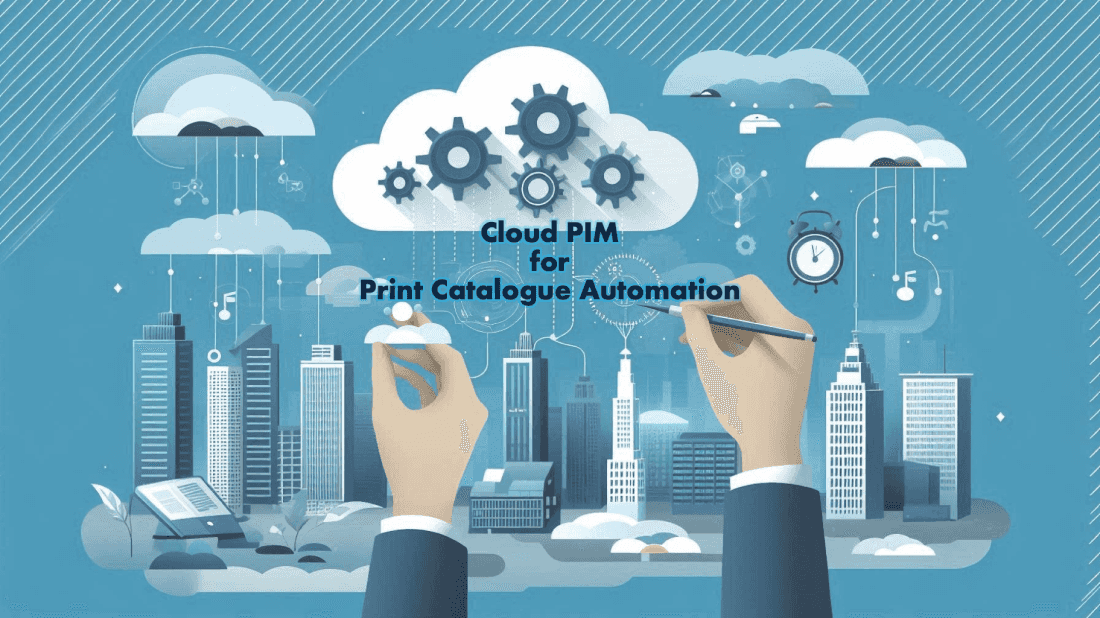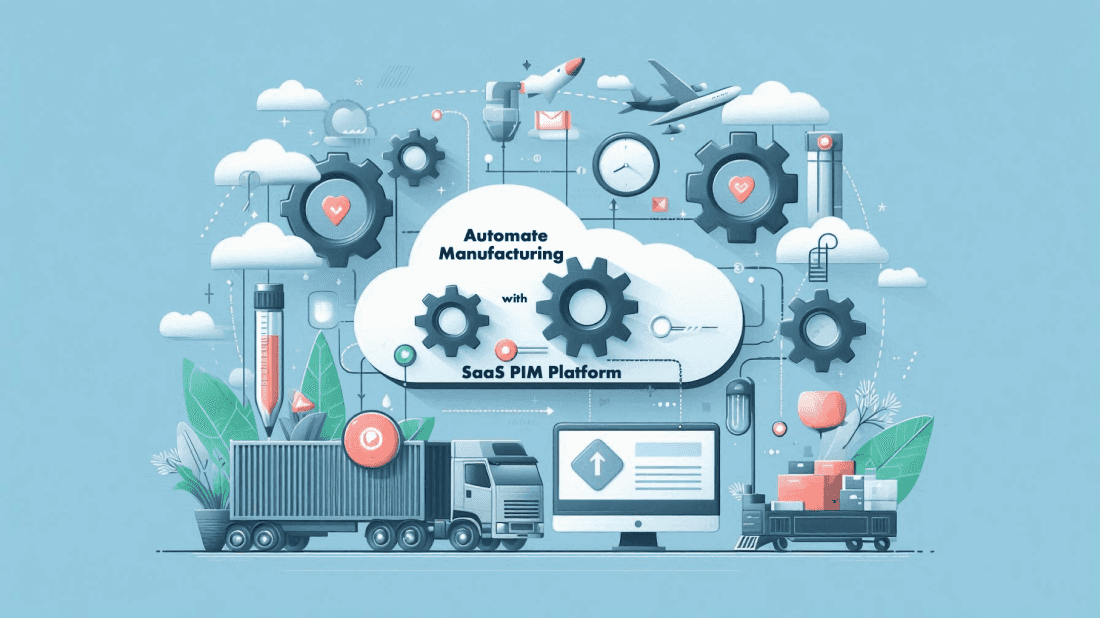May 16th, 2024
Harnessing PIM for Enhanced Profitability in B2B Manufacturing
Categories:Product Information Management SystemIn today’s competitive B2B manufacturing landscape, managing vast amounts of product information across multiple channels is crucial for success.
To tackle this challenge, forward-thinking manufacturers are leveraging Product Information Management (PIM) systems. PIM ensures streamlined operations and optimized profitability by centralizing product data and improving its quality for both internal use and external distribution.
Boosting Efficiency and Profitability with PIM
For B2B manufacturers, a strategic priority is improving the traceability of materials and maintaining real-time records for production schedules and quality control. An advanced PIM solution creates value at every stage of the product journey by enabling detailed and organized data management.
Raw Material Management
An advanced PIM system enables SKU-level traceability for every raw material, providing data on extraction processes and origins. This level of detail enhances supply chain resilience. For instance, if a natural disaster disrupts the supply chain, manufacturers can quickly pivot to alternative suppliers. This agility maximizes the profitability of sourcing practices, benefiting the entire value chain.
Product Development Insights
PIM systems provide valuable insights into customer preferences through integrated Digital Shelf Analytics (DSA). For example, a machinery manufacturer may discover that customers prefer certain configurations over others. By leveraging this data, the manufacturer can focus on the most popular configurations, increasing profitability.
Production Process Optimization
As sustainability regulations evolve, the production phase of the value chain becomes increasingly important. PIM systems enable the onboarding of data on environmental impacts and regulatory compliance, ensuring SKU-level traceability for every part of the production process. This capability is crucial for meeting requirements such as the EU’s Digital Product Passport.
Enhancing Sales and Marketing Efforts
PIM plays a pivotal role in sales and marketing by facilitating the creation of engaging product narratives and ensuring seamless data syndication to various channels.
Crafting Compelling Marketing Content
In marketing, PIM systems enable the creation of compelling product stories through AI-powered content creation. They support the seamless distribution of these stories to digital channels and print catalogs. For instance, a manufacturer of industrial equipment can use a PIM to highlight the unique features and benefits of their products, boosting brand engagement and sales.
Streamlining Sales Processes
PIM supports customization at scale by providing comprehensive product attribute management, enabling configuration at the point of sale. This capability is vital for manufacturers managing complex product catalogs. Additionally, PIM systems power personalized buyer journeys, ensuring that the right product information reaches the right audience at the right time, thereby boosting conversions.
Improving Support
The value of PIM extends beyond initial sales. It facilitates after-sales maintenance and refurbishment by centralizing spare parts inventory and creating product-part-attribute relationships necessary for maintenance.
A single source of product information ensures consistent and accurate after-sales communication regarding warranties, repairs, replacements, or returns. This consistency enhances customer experience and reduces the risk of costly errors. An advanced PIM system also integrates with other business tools, providing insights into customer behavior and product performance, which can inform future product development and marketing strategies.
Conclusion
For B2B manufacturers, leveraging a PIM system provides a comprehensive solution for managing data and driving growth. Understanding the unique benefits of PIM will help you make an informed decision and implement the best product information management strategy for your business.
By utilizing the best PIM software and following best practices, manufacturers can ensure they have the right tools to manage product information effectively, drive efficiency, and enhance customer experiences. Whether you choose a cloud-based PIM, an enterprise PIM, or a PIM SaaS solution, the benefits of PIM for manufacturers are clear. Implementing a robust PIM system can transform your data management processes and support sustainable growth in the competitive B2B landscape.
With PIM, manufacturers can better manage product catalogs, streamline data import processes, and ensure the accuracy and consistency of product information. This capability is particularly valuable for manufacturing companies that deal with complex and varied product lines.
Summary of Neurologik ProductHub
At Neurologik.io, we offer the ProductHub solution, an all-in-one PIM, PDM, MDM, and DAM system designed specifically for B2B manufacturers. Our platform centralizes, enriches, and synchronizes product data, ensuring accuracy and consistency across all channels. By significantly reducing integration costs and enhancing operational efficiency, Neurologik.io’s ProductHub helps manufacturers maintain seamless, up-to-date product information, improving market responsiveness and driving business growth.
Request a demo to learn more about the most advanced system for B2B manufacturers.







